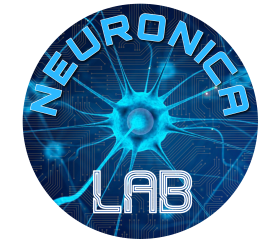Development of state-of-health and state-of-charge estimation AI algorithms for electrical vehicle batteries, funded by CRF/Stellantis.
GOALS: guarantee sustainable models of production and consumption
An accurate assessment of the battery SOH is pivotal for several aspects: correct estimation of the residual autonomy of electric vehicles, management of the energy flow in hybrid electric vehicles, prediction of the residual life of the battery and on-time replacement. This parameter cannot be directly measured and must be estimated. Model based methods (i.e. Extended Kalman filters) and look-up tables are the current industrial solutions. They may suffer problems of inaccuracies due to difficult representation of the strongly nonlinear battery behavior. Data-driven approaches are not based on any model. They can guarantee good accuracy and little computational cost/memory occupation, provided that the training datasets include a sufficient set of operating conditions.The adoption of Artificial Intelligence presents the following challenges: experimental characterization of the battery in laboratory environment with a 15kW tester (0-80V, 8 channels) to reproduce all possible operating conditions in terms of SOC, internal impedance and temperature on a climatic test chamber; accuracy of the SOH estimation ranging within ±5%; low computational cost and memory occupation of the algorithm to make it easily deployable on automotive electronic control units.The project aims the following: development of aging estimation algorithms with an accuracy included within the range of ±??%; validation of the proposed method with an HIL setup: the HW is the control logic where the estimation logic is deployed; creation of a method that can be reproduced for different size and chemistry of the battery.The method will be validated in a laboratory environment with an expected TRL of 4. The HIL validation will be conducted also exploiting acquisitions on real vehicles
KEYWORDS: Machine learning, statistical data processing and applications using signal processing, Scientific computing, simulation and modelling tools, Electrical engineering: power components and/or systems, Electrical energy production, distribution, application, Artificial intelligence, intelligent systems, multi agent systems
